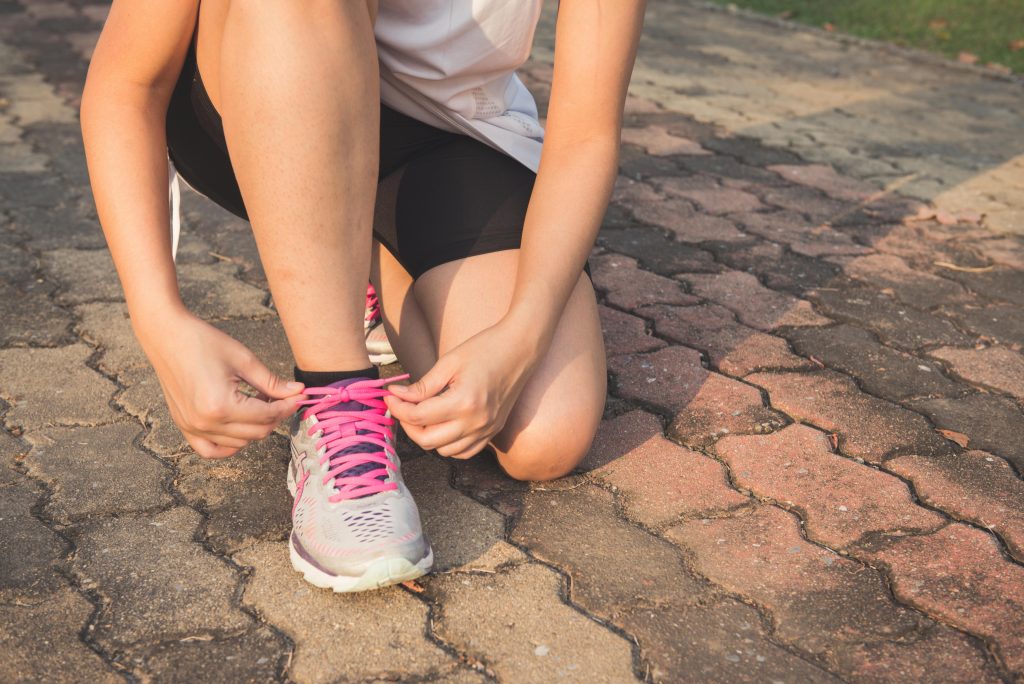In today’s fast-paced professional world, maintaining wellness can feel like a constant challenge. For professionals on the go, balancing work demands, travel, and personal life often leaves little time for health-focused habits. However, adopting strategic wellness practices can improve productivity, mental clarity, and overall life satisfaction. Wellness strategies for professionals on the go are increasingly recognized as essential for long-term success, and emerging trends show innovative ways to maintain health even with a hectic schedule.

The Rising Importance of Wellness in Professional Life
Recent research underscores that workplace stress and long working hours can have lasting effects on both physical and mental health. According to the World Health Organization (WHO), workplace stress contributes to a range of health issues, including cardiovascular diseases, anxiety, and depression. Professionals with demanding schedules are at higher risk, making proactive wellness strategies not just beneficial but necessary.
Employers are also noticing the impact of wellness on performance. Forbes (2025) reports that organizations investing in employee wellness programs see a measurable improvement in productivity and engagement. For professionals on the go, these trends highlight the importance of personal strategies that complement workplace initiatives.
Key Components of Wellness for Busy Professionals
Wellness encompasses more than just physical health. For professionals on the move, an effective wellness strategy integrates multiple dimensions: physical activity, nutrition, sleep, stress management, and mental health practices.
1. Physical Health: Incorporating Movement Anytime, Anywhere
Physical activity is vital for maintaining energy and reducing stress. However, professionals who travel frequently or have long workdays often struggle to stick to traditional exercise routines. Emerging trends in mobile fitness and micro-workouts make it easier to stay active:
- Micro-workouts: Short, 10-15 minute sessions focusing on strength or cardio can be done in hotel rooms or office spaces.
- Wearable tech integration: Devices like smartwatches track activity, encouraging movement and helping maintain consistency.
- Active commuting: Walking or cycling to meetings when possible boosts daily activity levels without taking extra time.
Mayo Clinic emphasizes that even small bursts of exercise can improve cardiovascular health, mental focus, and sleep quality.
2. Nutrition: Planning Ahead for Sustained Energy
Diet plays a crucial role in wellness, yet busy schedules often lead to reliance on fast food or skipping meals. Professionals on the go can benefit from:
- Meal prepping: Packing healthy snacks or meals reduces dependence on unhealthy options during travel.
- Hydration tracking: Staying hydrated maintains energy levels and cognitive function.
- Mindful eating apps: Tools that track nutrition and portion sizes help maintain balanced diets even during tight schedules.
Emerging trends show a rise in subscription-based healthy meal delivery services tailored for professionals, allowing for convenient access to nutrient-dense meals.
3. Sleep: Prioritizing Rest Amid Travel and Deadlines
Adequate sleep is critical for cognitive performance, emotional stability, and immune function. However, frequent travel, time zone changes, and late-night work can disrupt sleep cycles. Professionals can adopt strategies such as:
- Consistent sleep routines: Even on travel days, aiming for regular sleep times supports circadian rhythms.
- Sleep hygiene: Limiting screen exposure before bed and creating a comfortable sleep environment improves quality.
- Power naps: Short naps (20–30 minutes) can restore focus and productivity without impacting nighttime sleep.
Harvard Business Review notes that well-rested professionals are more effective decision-makers and better at managing stress .
4. Stress Management: Tools and Techniques for Mental Clarity
Managing stress is essential for sustained wellness. Professionals on the go face high-pressure environments, tight deadlines, and frequent disruptions. Modern wellness strategies include:
- Mindfulness and meditation: Even brief sessions using apps like Headspace or Calm can reduce stress.
- Digital detox periods: Limiting non-essential digital engagement supports mental clarity.
- Breathing exercises: Quick techniques such as box breathing or diaphragmatic breathing are effective for managing immediate stress.
According to the American Psychological Association (APA, 2024), these strategies significantly lower anxiety levels and enhance emotional resilience.
5. Leveraging Technology for Wellness
Technology has become a key ally in supporting wellness for professionals on the move. From wearable devices to health-focused mobile apps, tech solutions allow real-time tracking of physical activity, sleep, and nutrition. Virtual wellness communities also provide social support and accountability, which can enhance motivation for maintaining healthy habits even when traveling.
Creating a Personalized Wellness Routine
While general guidelines are helpful, the most effective wellness strategies are personalized. Professionals should assess their schedules, work demands, and personal preferences to design routines that are sustainable. Steps include:
- Identifying core wellness priorities: Determine which areas (sleep, nutrition, exercise, stress management) require the most attention.
- Setting realistic goals: Focus on incremental, achievable changes rather than drastic overhauls.
- Integrating wellness into daily routines: For instance, walking during calls, short stretching sessions between meetings, or scheduled mindfulness breaks.
- Tracking progress: Use apps or journals to monitor habits and make adjustments as needed.
By tailoring wellness strategies to individual needs, professionals can maintain health without sacrificing productivity.
The Future of Wellness for Professionals
Emerging trends indicate a growing emphasis on holistic wellness solutions for busy professionals. Corporate wellness programs are increasingly incorporating mental health support, virtual coaching, and flexible wellness allowances. Moreover, the rise of hybrid and remote work environments allows professionals to integrate wellness practices more seamlessly into their daily lives.
Experts predict continued innovation in wearable technology, AI-driven wellness coaching, and personalized nutrition solutions. These advancements aim to make wellness strategies more accessible, measurable, and adaptable for professionals on the go.
Conclusion
For professionals navigating demanding schedules and frequent travel, prioritizing wellness is no longer optional—it is essential. Wellness strategies for professionals on the go encompass physical health, nutrition, sleep, stress management, and technology-assisted practices. By incorporating tailored routines and leveraging emerging trends, professionals can enhance productivity, maintain mental clarity, and sustain long-term health. Proactive wellness is a strategic investment, supporting both personal and professional success.
References
- Harvard Business Review. The Importance of Wellness for Busy Professionals. Harvard Business Review, 2024. https://hbr.org/2024/06/the-importance-of-wellness-for-busy-professionals
- Mayo Clinic. Stress Management for Professionals. Mayo Clinic, 2025. https://www.mayoclinic.org/healthy-lifestyle/stress-management/in-depth/stress-relief/art-20044456
- Forbes. Wellness Trends for the Modern Workplace. Forbes, 2025. https://www.forbes.com/sites/forbesbusinesscouncil/2025/03/05/wellness-trends-for-the-modern-workplace









